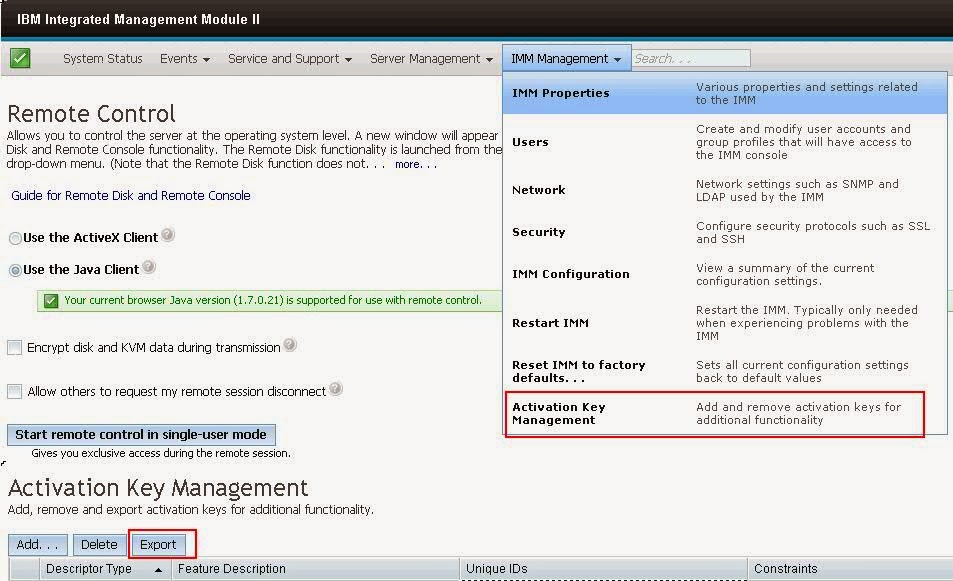Google not supporting IE7, Firefox 3.5, Safari 3 from 1st August 2011?

Google is very serious about supporting only browser that it considers to be "modern." As such, the search giant recently announced that it is only going to support the current and prior major release of Internet Explorer, Firefox, Chrome, and Safari on a rolling basis. Each time a new version is released, the company will begin supporting the update and stop supporting the third-oldest version.
As of August 1, 2011, Google will discontinue support for the following browsers and their predecessors: Internet Explorer 7, Firefox 3.5, and Safari 3. In these older browsers you may have trouble using certain features in Gmail, Google Calendar, Google Talk, Google Docs, and Google Sites. The company also said that eventually these apps may stop working entirely in older browsers.
Google also made a point to recommend that you upgrade to the latest version of your favorite browser. The company specifically lists four browsers to choose from, in a very specific (alphabetical) order: Chrome, Firefox, Internet Explorer, and Safari. Opera is notably missing from the list.
"For web applications to spring even farther ahead of traditional software, our teams need to make use of new capabilities available in modern browsers," a Google spokespersons said in a statement. "For example, desktop notifications for Gmail and drag-and-drop file upload in Google Docs require advanced browsers that support HTML5. Older browsers just don’t have the chops to provide you with the same high-quality experience. As the world moves more to the web, these new browsers are more than just a modern convenience, they are a necessity for what the future holds."
This is hardly the first time Google has waged war on older browsers. In January 2009, the company urged IE6 Gmail users to switch to Firefox or Chrome. In July 2009, YouTube began displaying a banner to warn IE6 users that the service will soon be phasing out support for the browser. This week's decision by Google is much more vicious as doesn't just target older versions of Internet Explorer, but of Firefox and Safari as well.

Comments